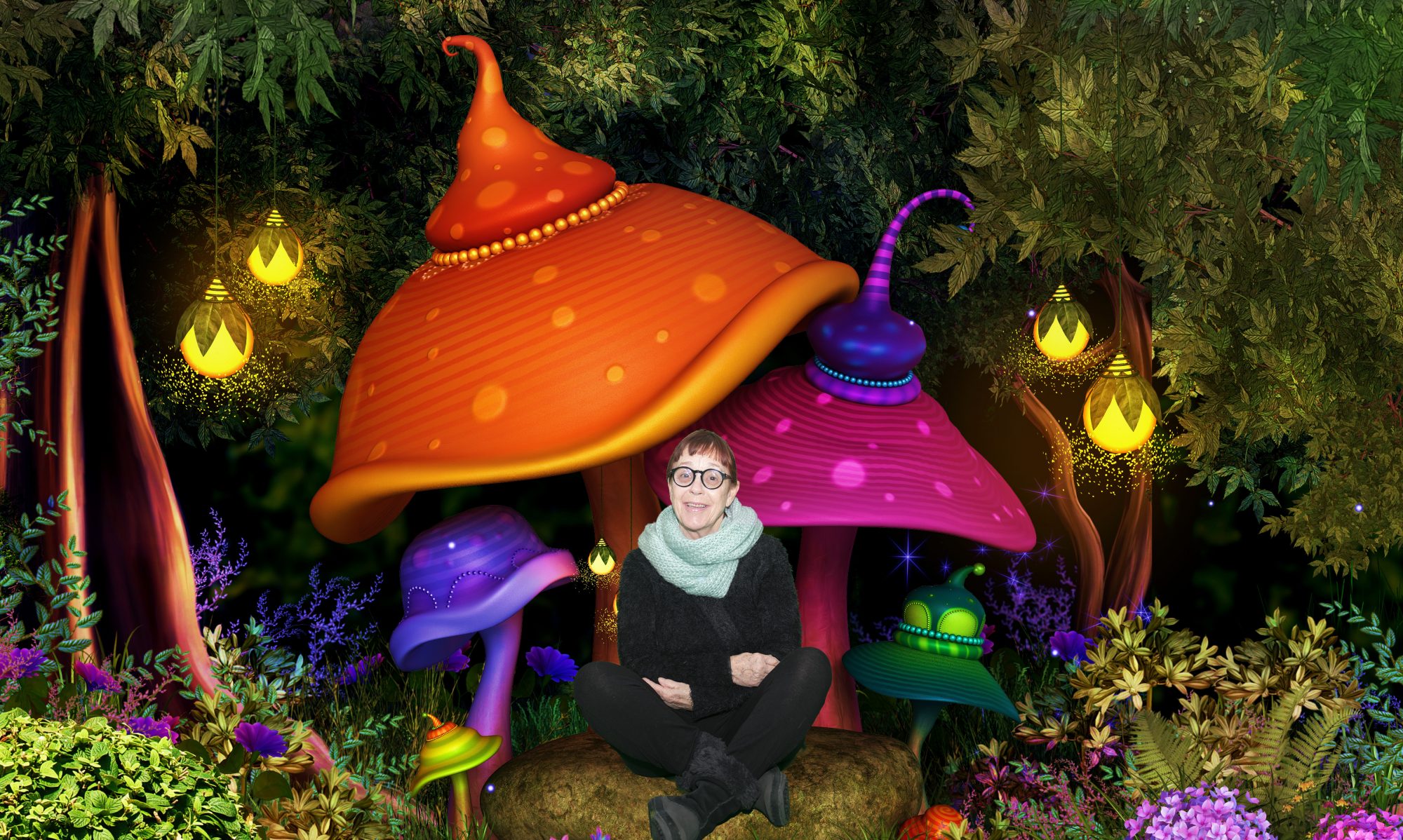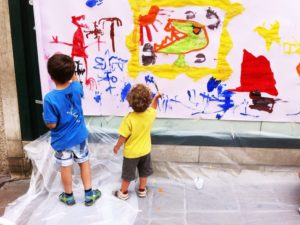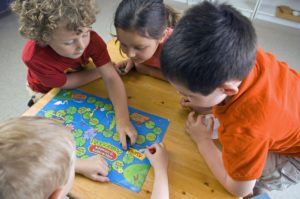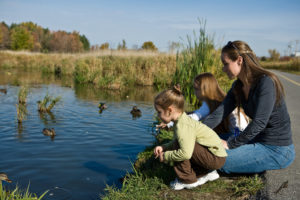 Can we REALLY help kids get smarter?
Can we REALLY help kids get smarter?
Intelligence is defined as “The ability to acquire and apply knowledge and skills”- Oxford dictionary.
Yet we know it is MORE- it is to do with flexibility, thinking, reasoning and insightful “noticing” and “indwelling”- ruminating and often having a “rangy” mind.
It is not so easily captured in tests and IQ profiles and in fact we may well do children a real disservice by over-reliance on these instruments. We so often look at a single result from a test and make snap judgements about a child. This has a very limiting effect on their progress- there is no doubt they become whom we expect!
Thanks to the research into neuroplasticity area we know now that intelligence can be grown and that it comes in many varieties.
Our brains are capable of far more than we ask of them! All children can be helped to be smarter and develop their particular shades of brilliance. We now know that intelligence is not fixed at birth and that careful nurturing of intelligence will lead to higher levels of academic, social and cultural achievements.
Howard Gardner’s research from Harvard University has expanded our understanding and led to an enlarged map of intelligences. We now know we can be smart in many ways- at least 8. We need to expand our understanding of the term INTELLIGENCE to encompass all the identified intelligences.
Unfortunately, so often in the past we have only been interested in language and maths intelligence and so children who are brilliant in science, music, music or sports have been dismissed as “non-academic” and therefore not smart!
The truth is we can ALL improve our intelligences but we certainly do have an individual “cocktail” that tends to shape our career choices, hobbies and personal preferences.
Here are some ideas to help you stimulate each intelligence:
“The books transported her into new worlds and introduced her to amazing people who lived exciting lives. She went on olden-day sailing ships with Joseph Conrad. She went to Africa with Ernest Hemingway and to India with Rudyard Kipling. She travelled all over the world while sitting in her little room in an English village.”
― Roald Dahl, Matilda
- Read to your child and listen to them read.
- Play word games and encourage them to do crosswords.
- Encourage them to write stories, keep a journal, and write letters to friends and relatives.
- Write notes to your child and leave in their lunchboxes or on their bed.
- Encourage them to talk about their opinions and feelings. Make meal-times TALK times.
- Buy them jokes and riddle books.
- Provide a good dictionary and thesaurus.
- Buy books of word searches to improve visual discrimination, spelling and vocabulary.
- Restrict access to digital media
LOGIC AND MATHS INTELLIGENCE
Do not worry about your difficulties in mathematics. I can assure you mine are still greater.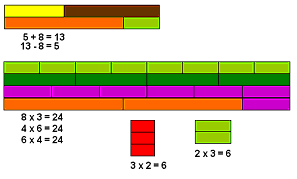
Albert Einstein
- Play board and card games that involve number and logic.
- Provide brainteasers and number puzzles.
- Encourage children to ask intelligent questions.
- Computer strategy games.
- Encourage children to classify their belongings and keep in an orderly way.
- Visit museums, planetariums, and Sci -Tech.
- Follow directions eg cooking, making models from patterns.
- Help children to become interested in real-life maths eg. How many litres of petrol do you think it will take to fill the car and how much is it likely to cost?
- Use apps and websites that encourage maths understanding
SPACE AND VISION INTELLIGENCE
I found I could say things with colour and shapes that I had no words for.
Georgia O’Keefe
- Encourage children to make things with left over packaging, wrapping paper, old buttons etc. Keep scraps in a special “Making Things” box.
- Provide clay and play dough.
- Encourage use of different media.
- Allow your child to draw and paint and display their efforts.
- Jigsaws and Junior Pictionary.
- Take them to art galleries whenever possible.
- When you read to them, point out the types of illustrations used.
BODY INTELLIGENCE
Great ideas originate in the muscles.
Thomas Alva Edison.
- Provide lots of construction toys and help your child to use them.
- Encourage your child to keep fit by walking, jogging, swimming or participation in team sports.
- Encourage participation in some type of dancing or drama.
- Allow children to pull apart old appliances and toys and put them back together again.
- Play computer games that need fast reflexes.
- Throwing and catching balls or Frisbees.
- When they are doing homework, allow frequent breaks so they can move.
An agreeable harmony for the honour of God and the permissible delights of the soul: Johann Sebastian Bach
I shall hear in heaven: Ludwig van Beethoven-last words
- Encourage children to listen to many types of music.
- Help them put important facts to music- AutoRap is a great App for this! MathsRockx is a great App for times tables- put to great music!
- Sing along to songs and encourage family sing-a-longs.
- Show your children how to make simple musical instruments and encourage them to play along with their favourite music.
- Buy your children simple percussion instruments and if possible let them learn a musical instrument.
Small things with great love. It is not how much we do, but how much love we put in the doing. It is not how much we give, but how much love we put in the giving: Mother Theresa
- Buy your child some biographies and encourage them to learn about famous people.
- Make sure your children have sufficient free time to play with their friends.
- Play games with children and help them to learn to play by rules
- Let your child join scouts, Brownies or join organised sporting groups.
- Make sure your child has the opportunities to mix with children of different ages and interests.
- Talk with children at meal times and make sure you stay off your devices and don’t continuously message when with children.
What lies behind us and what lies before us are tiny matters compared to what lies within us: Oliver Wendall Holmes
- Encourage children to keep a journal for reflection.
- Talk about your own feelings regularly so that they learn that it is O.K. to do this.
- Model strong I MESSAGES to help them to become more assertive. Eg. “ I feel sad when you call me names and I would like you to stop it.”
- Drawing self-portraits
- Making a family tree.
- Keep records of all your children’s milestones and regularly let them have access to these records and old photos so they can know themselves as well as possible and be aware of their changing lives.
- Allow children spare time so they can THINK and REFLECT
“No matter how few possessions you own or how little money you have, loving wildlife and nature will make you rich beyond measure.” : Paul Oxton Oxton
- Make sure your children get to experience nature as often as possible
- Take time to stop and look at plants, insects etc
- Talk to your children about pollution and ways we can help to save the earth.
- Establish a nature study table for interesting rocks, plants etc.
- Allow children to start their own garden plot, choose plants and care for it.
- Encourage children to have pets and to look after their physical needs but also to pay attention to how their pets are feeling.
